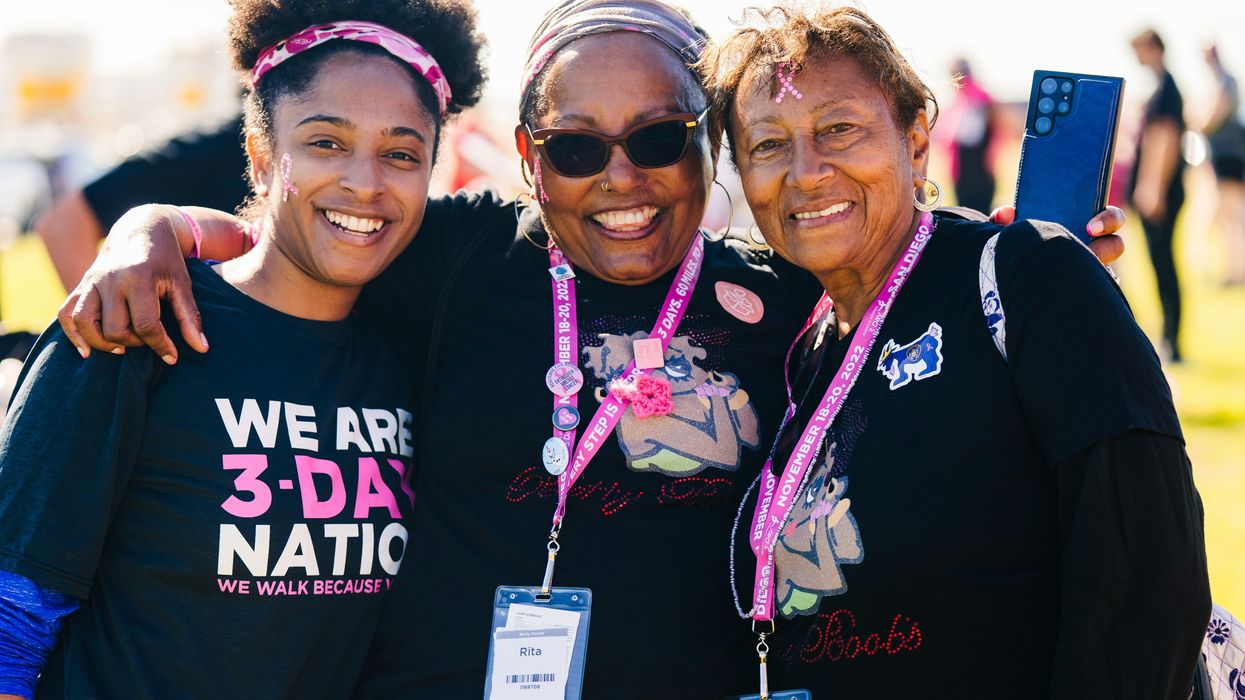In today’s fast-paced world, ancient practices like sound baths and meditation are becoming essential tools for finding calm, balance, and healing. As the demands of modern life continue to grow, so does the need for mental and emotional well-being. Among the most passionate advocates for these healing modalities is Leah Frazier, a multi-talented entrepreneur, meditation enthusiast, and champion of holistic wellness.
The Journey Toward Meditation and Self-Care
For Leah Frazier, the journey toward incorporating meditation into her daily life began long before it became mainstream. As a public relations professional, Leah had always dabbled in meditation, but it wasn’t until the intense pressures of her career collided with the global pandemic that she turned to it consistently.
"I've always had a meditation practice, but I didn’t do it every single day. About a year before the pandemic, when my job in PR became extremely stressful, I knew I needed something more. Then, the pandemic hit, and the murder of George Floyd increased my business threefold," Frazier admitted.
This surge in demand took a toll on her mental health. As a solo practitioner, managing the workload led to stress and a state of near-depression. "Meditation became the thing that kept me grounded and centered. It helped me release stress and get through the day," she added.
The World Health Organization (WHO) has recognized stress as the “health epidemic of the 21st century,” and Frazier's story resonates with many who are seeking ways to cope with the emotional weight of modern life.
The Healing Power of Sound Baths
In addition to meditation, sound baths have become a key part of Frazier’s wellness journey. Rooted in ancient practices from various cultures, sound baths use vibrational sounds from instruments like crystal bowls, gongs, and tuning forks to induce a deeply meditative state. Participants are enveloped in soothing sounds, which wash over them and create a tranquil, restorative experience.
“I come from a music background. My dad was a professional musician, so learning sound meditation and all the instruments was natural for me,” explained Frazier.
She recognized that many people were intimidated by traditional meditation practices, particularly the idea of sitting in silence for long periods. Sound baths offered a more accessible alternative. “People really started coming to my sessions, and they began to book out. I knew I wanted to offer this to a broader audience,” Frazier shared.
Her work has gained significant attention, recently leading to two sold-out sound bath sessions at the National Association of Black Journalists Convention in Chicago. For Leah, this was a critical space to introduce wellness to an audience often under extreme stress.
“Our journalists, editors, news anchors, and public relations specialists are constantly in high-pressure environments. I felt it was important to create time for wellness for this group,” said Frazier.
The Science Behind Sound Healing
Sound baths aren’t just about relaxation; they have been shown to significantly impact physical and emotional health. A study by the National Library of Medicine reported that participants experienced less tension, anger, and fatigue after sound bath sessions. Even those unfamiliar with meditation felt a greater reduction in tension compared to seasoned practitioners. Across all participants, spiritual well-being significantly increased.
For Frazier, the connection between sound baths and her family’s legacy runs deep. "My dad was a pastor, and he was elated that I had taken this path. He believed heavily in the form of meditation and his own therapy practice and heavily in sound medication. I encourage people to just try it for themselves. If you don't like it, you can always do something else.
The problem that I see with most folks is they go one time, and if they can't get their mind shut down, they don't totally feel relaxed afterwards. Then they quit,” stated Fraizer.
Frazier emphasized the importance of both sound baths and meditation for personal growth. Through her platform, she educates her audience on how to use these practices as tools for self-care. In addition to managing stress, Leah believes they can boost creativity and productivity, making them especially valuable for professionals and entrepreneurs who often grapple with high levels of pressure.
Benefits of Sound Baths and Meditation
Both sound baths and meditation have profound physical and mental health benefits:
- Stress Reduction: Sound therapy and meditation calm the nervous system, reducing cortisol levels and allowing the body to relax and recharge.
- Mental Clarity: Regular meditation sharpens focus, improves decision-making, and increases overall mental clarity.
- Emotional Balance: Sound baths help release emotional blockages, allowing participants to process emotions and let go of negativity.
- Better Sleep: The deep relaxation induced by sound baths often improves sleep quality, helping people fall asleep faster and experience deeper rest.
- Physical Healing: Vibrational frequencies used in sound baths are believed to aid in physical healing, as the body responds positively to different frequencies.
“Meditation is about consistency, just like you would go to the gym. It's not physical fitness, it's your mental fitness. You have to put yourself on a schedule and commit to the practice every single day. If you cannot do it daily, do it as often in a week as you can to see results,” Fraizer mentioned.
For those pursuing a medication journey, Fraizer recommends that Peloton offers a variety of meditation classes and the Calm app. She is currently working on her own soulful medications app. You can reach Frazier for a virtual lesson or classes at https://leahheals.arketa.fit/schedule.
You can follow Frazier on Instagram at leahheals









 Karla Mingo believes that her greatest gift as a cancer survivor is the ability to live with gratitude and thankfulness.
Karla Mingo believes that her greatest gift as a cancer survivor is the ability to live with gratitude and thankfulness.



